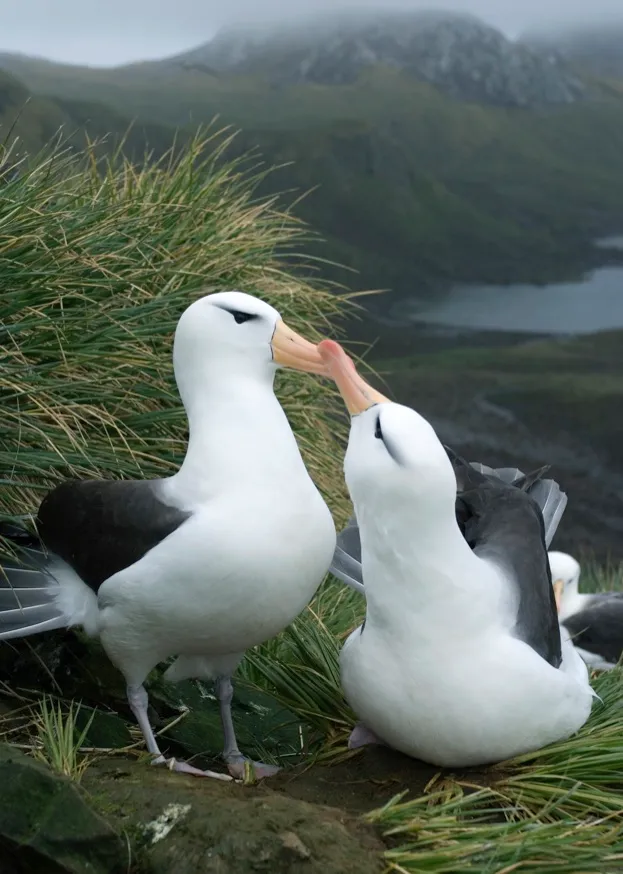Populations of three albatross species have halved over the past 35 years according to new research by the British Antarctic Survey.
The wandering, black-browed and grey-headed albatross populations breed on Bird Island, just off South Georgia in the South Atlantic Ocean, where they have been monitored since 1972.
Studying more than 36,000 birds, researchers found that survival rates were declining in both adult and juvenile albatrosses. They attributed the results to two key factors: fishing bycatch and climatic changes.
Bycatch occurs when fishing boats pull in anything other than their target species and can include many types of fish, dolphin, porpoise and bird.
Though measures have been introduced around South Georgia to reduce seabird bycatch, these new results suggest that fisheries elsewhere in the Southern Ocean also need to improve their practices, as albatross species can travel huge distances in search for food.
The effects of fisheries may also be compounded by El Niño, periods of warming sea surface temperatures in the Pacific that cause extreme weather events. According to lead author Dr. Deborah Pardo, “El Niño reduced the amount of food available so the birds probably switched to feeding on discards behind fishing vessels, increasing the number being hooked on longlines."

Black-browed albatrosses in South Georgia © Kevin Schafer / Getty
The albatrosses on mean Bird Island are listed as ‘Priority Populations’ by the international Agreement on the Conservation of Albatrosses and Petrels (ACAP).
There are currently 700 pairs of wandering albatross on Bird Island, 3,000 pairs of grey-headed albatross and 7,000 pairs of black-browed albatross. The grey-headed albatross is classified as Endangered on the IUCN Red List.